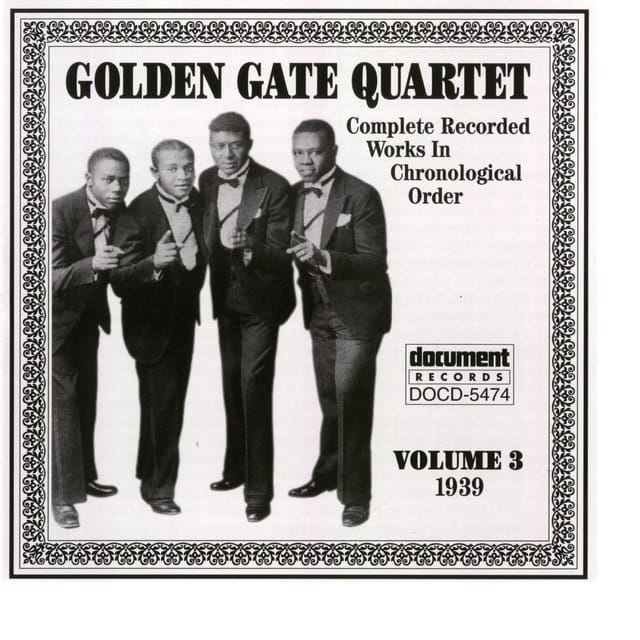Jubilee quartets are a unique and vibrant genre of music that emerged in the United States during the late 19th and early 20th centuries. These groups, typically consisting of four male vocalists, blended elements of African-American spirituals, gospel music, and barbershop harmonies to create a distinct sound that became immensely popular throughout the country.
Origins and Development
The roots of the jubilee quartet style can be traced back to the post-Civil War era when African-American communities in the South were undergoing a significant cultural and social transformation. As newly freed slaves sought to establish their own cultural identity, they turned to music as a means of expressing themselves and celebrating their heritage.
Early jubilee quartet groups were often formed as part of church choirs or vocal ensembles and were heavily influenced by the spirituals and gospel music that had long been a staple of African-American religious tradition. Over time, these groups began to incorporate elements of secular music, including ragtime and jazz, into their performances, leading to the development of a more modern and diverse sound.
By the 1920s, jubilee quartets had become one of the most popular forms of African-American music in the United States, with groups such as the Golden Gate Quartet, the Mills Brothers, and the Ink Spots achieving widespread fame and recognition. These groups often performed on radio and television, and their recordings were widely distributed, making them accessible to audiences around the world.
Characteristics and Influences
Jubilee quartet music is characterized by its tight harmonies, intricate vocal arrangements, and upbeat tempo. The four singers in a typical quartet are often divided into first and second tenors, baritone, and bass, with each member contributing their own unique vocal style and range to create a cohesive sound.
One of the key influences on jubilee quartet music is the African-American spiritual tradition, which is characterized by its call-and-response format and emotional intensity. Many jubilee quartet songs incorporate elements of this tradition, with the singers often alternating between solo and group vocals and building to a powerful crescendo.
Another major influence on the development of jubilee quartet music is barbershop harmony, a style of a cappella singing that originated in the late 19th century. Barbershop harmony emphasizes close vocal harmonies and a cappella singing, both of which are key features of the jubilee quartet style.
Legacy and Influence
Despite their popularity during the mid-20th century, jubilee quartet music began to decline in the 1950s and 1960s, as rock and roll and other forms of popular music gained prominence. However, the genre has continued to exert a significant influence on contemporary music, particularly in the fields of gospel and a cappella singing.
Today, there are many contemporary artists who continue to draw inspiration from the jubilee quartet tradition, incorporating its vocal harmonies and call-and-response format into their own music. Groups such as the Fairfield Four and the Blind Boys of Alabama have helped to keep the jubilee quartet tradition alive, ensuring that this unique and vibrant form of music continues to be celebrated and appreciated by audiences around the world.


